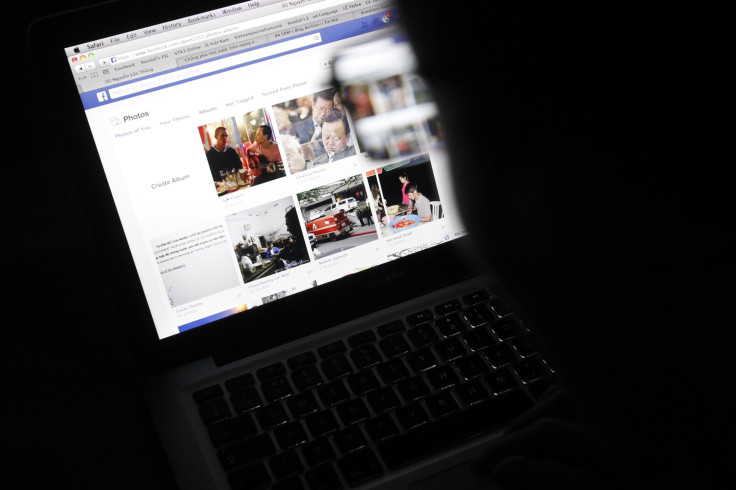One-Third Of Americans Get News On Facebook, Pew Research Study Says

A report by the Journalism Project at Pew Research Center (PRC) has found that a third of Americans get their news through Facebook.
The number of people, which is three times more than the amount of individuals who got their news from the social network in 2012, isn’t all that surprising since many news sources have Facebook pages that broadcast stories and considering that Facebook users often share news among themselves. In fact, 78 percent of those who receive news through Facebook say that it's not the reason they use the site, but that they notice news while logged on to Facebook for other reasons.
Facebook experimented with making news an integral part of the site with its Social Reader feature in 2011, but the app failed greatly in 2012. Facebook rebranded it as Trove and moved it to a mobile format. Faceboo now also has a Paper iOS app, which isn't marketed as a news reader but functions like one.
Users say entertainment reporting is the most common type of news they see on Facebook, followed by local stories and events. Fifty-five percent say they regularly see political news on Facebook, but apparently that doesn’t include political rants, which are pretty much unavoidable on Facebook.
Facebook is by far the leading social media site for news, but many Americans also get news from YouTube, Twitter, Reddit and other sites. Two-thirds of users get news from Reddit, but only 3 perecent of Americans frequent the forum site.
Reddit automatically subscribes users to its news sub-forums, a possible reason why so many users get news from it.
The PRC stresses the sharing culture of social media as a main source of news distribution. Fifty percent of all users have shared or reposted articles, images or videos. Forty-six percent have discussed news stories and events.
Another surprising figure: Less than 15 percent of Americans have posted original newsworthy content to social networking sites. The PRC does not have figures on how much direct-to-social-network newsworthy content gets passed around on social media, which may represent how important social media has become as a vehicle for grass-roots news content.
Surprisingly, the PRC did not include information about the percentage of Americans who get their news with mobile apps. Mobile apps and social media are, of course, two different things, but experts have stressed that mobile will grow as a preferred medium for computing and social media. It will certainly have an effect on how people consume news as well.
While many users get the headlines from Facebook, the Pew Research Center’s data shows that Facebook users who click through to news portals spend just a minute and 41 seconds per visit and click through about four pages every month. Users who use a search engine to find their news behave similarly.
Users who go directly to news websites stay much longer, visit more pages and come more often. They spend four minutes and 36 seconds per visit, visit 24 pages a month and visit a news site 11 times a month.
So if you’re coming from Facebook, you probably didn’t even make it this far, which is shame because here are two puppies in the grass:

© Copyright IBTimes 2024. All rights reserved.












